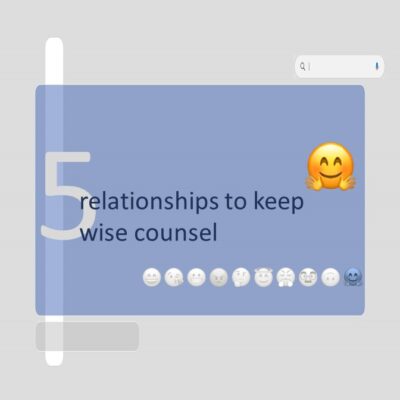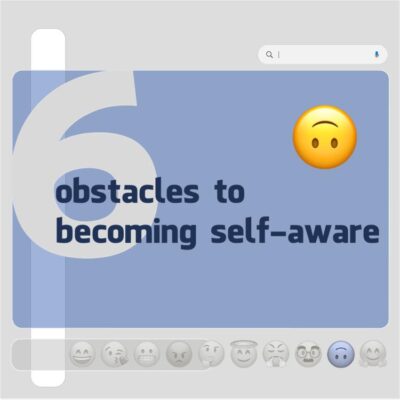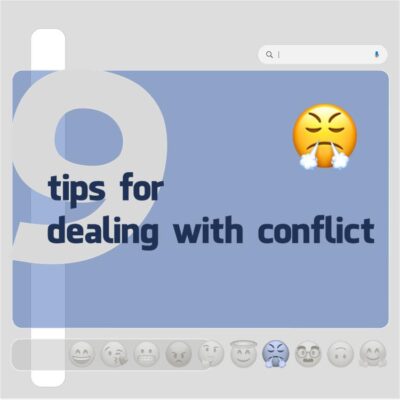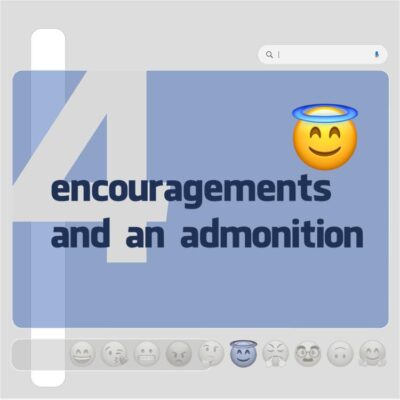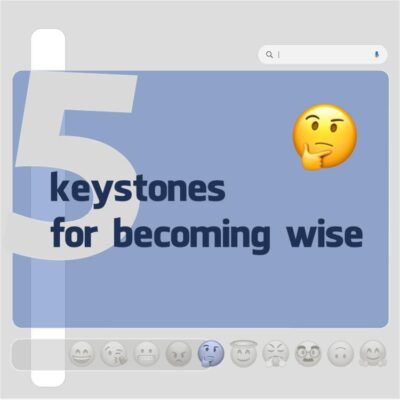Sermons on Proverbs
Join us this morning as Pastor John O’Connor explores the dangers of living lives that are distracted.
Today we are continuing our sermon series “Therefore” in the book of Romans Chapter 12. In Verse 11, Paul encourages us to live with diligence, to live with a fervent spirit, to serve the Lord. Our call to diligence doesn’t mean we just need to go do any stuff. In reference to verse 11, this call on our lives is the consistent and persistent effort to pursue God’s will and fulfill our responsibilities with a right attitude. We are going to explore how we can achieve that in our personal spiritual walk, in serving others, and sharing the Gospel.
In today’s message, we will read once again from Ephesians 4 where Paul tells us to get angry, but get angry without sinning. Being created in God’s image, there are injustices in this world that should cause us to get angry. Anger is not wrong—only anger that is out of control is wrong. This morning, we will look at a few of Paul’s letters and a few proverbs to help us discover four keys for making anger productive, not destructive.
Anger is an emotion that can be used for great harm or great good! In itself, anger is neither positive or negative—neither productive or destructive. It all depends on how somebody uses it. In this study, we will examine the source of anger and what anger is designed to stimulate to bring about a better end. We’ll also take some time to think about the dangerous side of anger and why it can be so destructive.
Who we walk with in this life is a choice. Each of those relationships consciously and subconsciously impact the shaping of our lives. It is important that we are judicious in who we let speak into our lives. Proverbs 13:20 tells us that when we hang with fools we are on the road to destruction. Today we are going to look at 5 important relationships and how to discern if they are wise counsel or not.
The goal of this study is to discover the six obstacles to becoming self-aware. “Self-awareness refers to your ability to see yourself clearly and objectively.” It is a problem —both a spiritual and an emotional problem—if we are unable to have a clear and objective view of ourselves. It is good to know our strengths, but also our weaknesses. We need to recognize our talents, but also our limitations. What do people see as virtues of our character and what are our character flaws? This is why it is so important to guard our hearts—the condition of our heart affects everything!
God is not silent on the issue of Fatherhood. God has created and designed this role for a key purpose in His plan for the family and the world. As we continue to look to the Proverbs for insight into our daily relationships, we’ll discover the essential qualities a father must have to lead their families well.
As we continue our series on navigating life’s relationships, we have come to the portion focused on how to deal with conflicts that always seem to happen when you put two people together. Conflict cannot always be avoided, but the Scripture has advice for us in how we should deal with conflict. So this morning, we are going to look to the Proverbs for nine tips in dealing with conflict.
In our message today, I want to focus on four encouragements and one admonition from Proverbs 17. When we speak of encouragement, we have all experienced the afterglow of receiving an encouraging word or text. And sometimes we are on the giving side of it and we’re able to watch as a person’s expression changes from that of defeat to the face of strength. What a blessing it is to both give and receive encouragement! Now when we speak of admonitions—or admonishing someone—we may or may not have a clear understanding of this term. To admonish means “to caution, advise, or counsel against something; to reprove or scold, especially in a mil and good-willed manner.” The Apostle Paul uses this word to describe the work of God’s Word in our lives. He wrote, “Let the word of Christ dwell in you richly, teaching and admonishing one another in all wisdom” (Colossians 3:16a).
Our sermon this morning highlights the five keystones for becoming wise men and women of God. “The sort of people that we become is, in large part, determined by the voices that we choose to listen to.” (Adam McHugh) The first voice we must choose to listen to is the voice of Jesus, the Word in flesh. God has given us His Word so that we may know how to live—it is our guidebook for life. But there are innumerable voices that are competing for our attention and many of those voices are trying to seduce us to find fulfillment outside the bounds of Scripture. What voices are we listening to?


